Breaking barriers in marine conservation
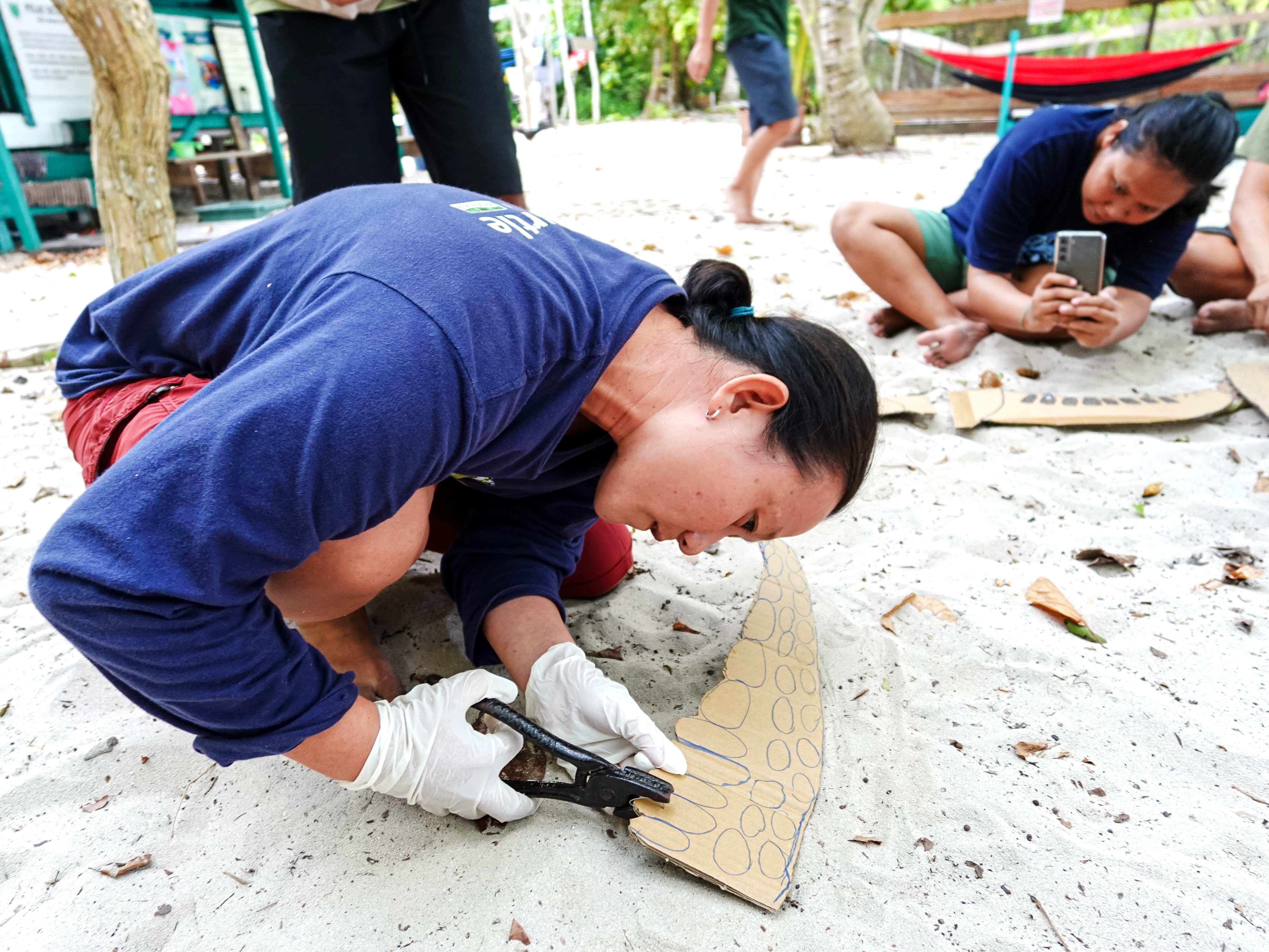
Vivi learns how to attach a metal tag to a replica of a turtle flipper made from cardboard, while Amel captures the moment. Credit - Perdiansyah.
Breaking barriers in sea turtle conservation: A step towards gender equality
In Indonesia, traditional gender roles and religious norms often pose significant challenges to achieving equal participation in sea turtle conservation efforts. Women are frequently expected to prioritise family responsibilities and adhere to cultural and religious norms, which restricts their ability to fully engage in conservation initiatives. This societal judgement further perpetuates the gender gap in this field.
However, achieving gender equality in conservation is essential for encouraging diverse perspectives, building resilience in conservation efforts, and demonstrating that sea turtle protection is a shared responsibility. Turtle Foundation (TF) and its local partner, Yayasan Penyu Indonesia (YPI), believe that every individual, regardless of gender, should have equal opportunities to contribute to protecting this endangered species.
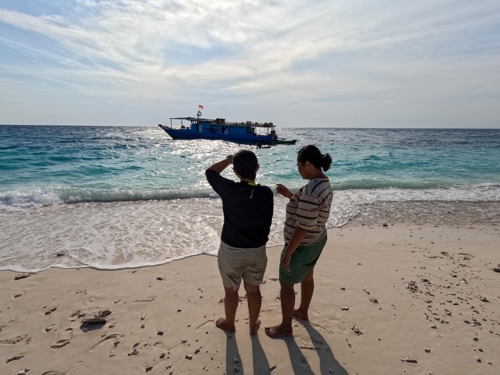
Empowering women in Training of Trainer programmes
Roles, such as rangers in sea turtle conservation, are often perceived as more suitable for men due to the challenging work environment, which demands physical endurance, intensive fieldwork, and often working in remote areas. It remains uncommon to see women take on the role of a ranger, with activities such as night patrols on uninhabited islands often considered too dangerous for women. This traditional perception creates significant barriers, preventing many women from engaging in sea turtle conservation efforts, despite their passion and potential.
Recognising the need for change, TF and YPI have adopted proactive measures to promote gender equality in their recent Training of Trainer (ToT) programmes. This two-year project includes three intensive ToTs, during which participants gain advanced skills in sea turtle conservation and become ranger trainers. The first ToT was successfully held in September 2024 in Berau, East Kalimantan - part of the Coral Triangle, renowned for its extraordinary marine biodiversity. This region is home to two of the seven species of sea turtles found globally and serves as the largest nesting grounds for green turtles in Indonesia.
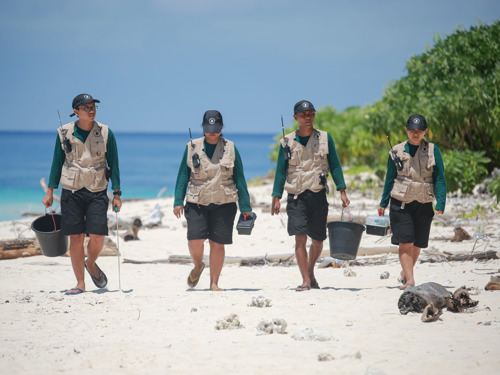
The ToT programme was designed to train passionate YPI employees around sea turtle conservation projects across Indonesia, empowering them to become ranger trainers. Among the nine participants were two remarkable women, Amelia and Vivi, who have shown immense dedication to sea turtle protection.
Amelia, from Merauke, has been leading a sea turtle protection programme on Sipora Island, Mentawai, for about a year. Though she had extensive theoretical knowledge on turtle conservation, such as data collection and DNA sampling, she was eager to gain more practical experience. During the training, Amelia embraced every opportunity, including tagging adult turtles with metal tags and PIT-tags for the first time. Despite the gruelling night patrols from 9pm to 3am, Amelia completed the training with a sense of accomplishment and new knowledge to share with her team in Sipora.
Vivi, an assistant programme manager for the sea turtle protection programme in Berau, had primarily been involved in administrative support and delivering logistics to rangers stationed on islands. The ToT allowed her to satisfy a long-held curiosity about the technical aspects of turtle conservation. Engaging directly in activities like monitoring sea turtles and relocating nests provided invaluable experience.
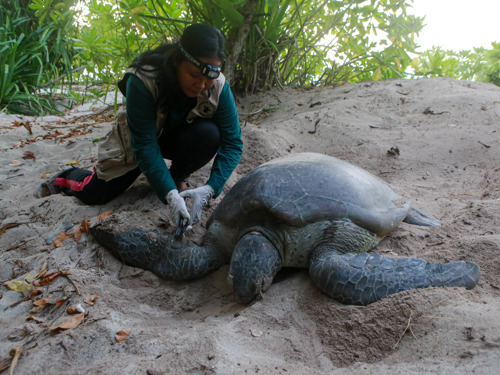
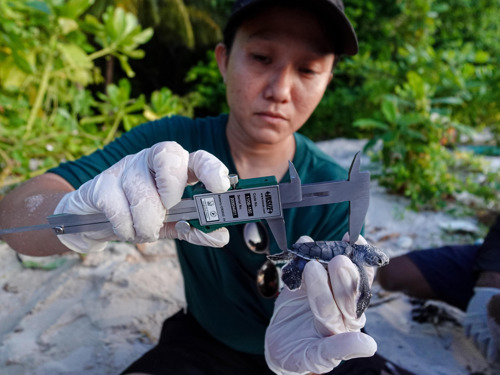
The ToT programme does more than just train rangers - it helps redefine who can be a conservation leader. Trainers Meriussoni Zai and Adhith Swaminathan ensured equal opportunities for all participants, proving that ranger work is not limited by gender. By the end of the three ToTs, Amelia and Vivi will be fully trained ranger trainers, ready to lead and teach others.
As part of the ToT programme, we are also developing a Ranger Handbook, aligned with the training and featuring female conservationists in pictures and descriptions as role models. By highlighting their contributions, we aim to inspire more women to engage in conservation and take on leadership roles.
Strengthening conservation through inclusion
Beyond fieldwork, TF and YPI promote gender equality at all levels. Within our project, two key positions at the YPI head office (Communication Officer and Fundraising Officer) were recently filled by exceptional women, chosen for their skills and experience.
Looking ahead: A commitment to GESI
We are committed to embedding Gender Equality and Social Inclusion (GESI) in our conservation work. Changing cultural norms takes time, and challenges may arise, but we remain dedicated to fostering a more diverse, resilient, and inclusive conservation community.
By ensuring women have meaningful participation in conservation, we not only advance gender equality but also strengthen our ability to protect endangered sea turtles. Each step forward - through training, leadership opportunities, and inclusive representation - moves us closer to a future where conservation truly belongs to everyone.
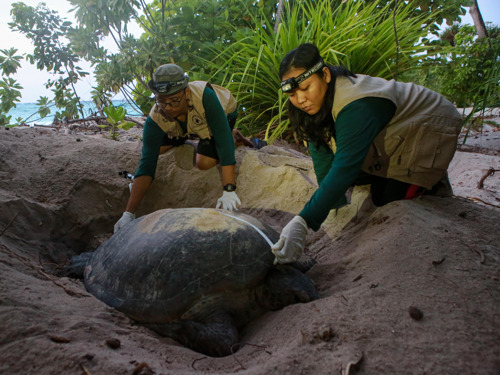
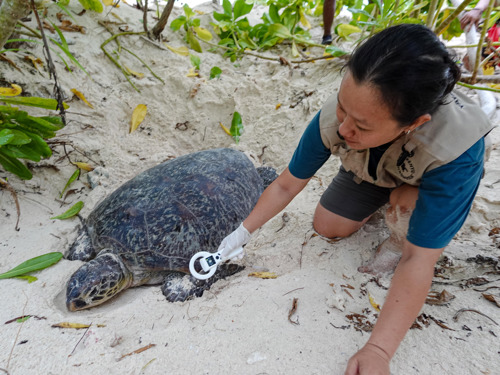
Written by Alya Daniyah Rosyadah. For more information on this Darwin Initiative Capability & Capacity project DARCC056, led by Turtle Foundation, please click here.
 Back
Back